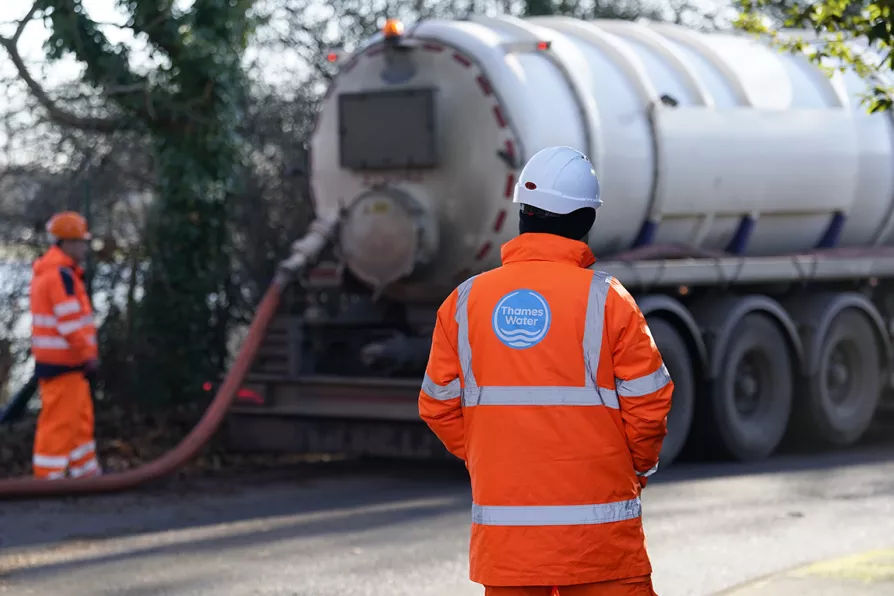The PM says Mandelson 'betrayed our values' – but ministers and advisers flock to line their pockets with corporate cash, says SOLOMON HUGHES

 A tanker pumps out excess sewage from the Lightlands Lane sewage pumping station in Cookham, Berskhire, January 10, 2024
A tanker pumps out excess sewage from the Lightlands Lane sewage pumping station in Cookham, Berskhire, January 10, 2024
DISGUST with the privatised English water industry is burgeoning. The “boycott” movement works to channel that anger to win change.
Customers can make a powerful impact with relatively simple measures. The water industry is cash-strapped. Withholding or delaying payment, or just threatening this, can help tip companies into administration, forcing them to be taken back under public control. Boycotting also sends the message that it is not on to return the industry to private hands after losses have been socialised.
Public opinion is on our side. A We Own It poll showed that 69 per cent supported renationalisation, including 62 per cent of Tory voters. Recent government announcements of tougher penalties for operators’ breaches recognises growing public discontent. Water campaigners can take some credit for this.














